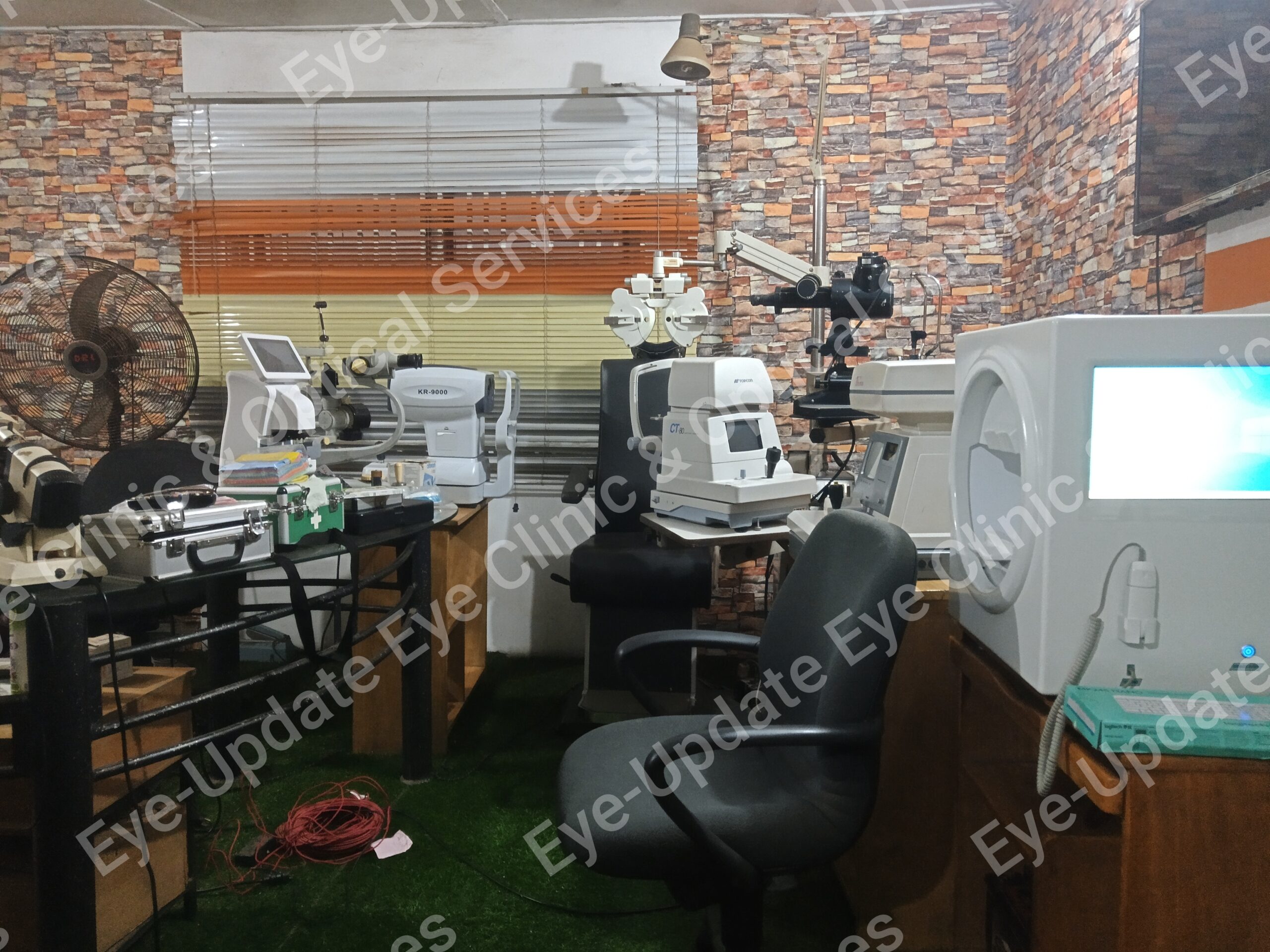The first successful clinical test of a technique called optogenetics has allowed a 58-year-old man to see for the first time in decades. The man was able to see with the help of image-enhancing goggles after 40 years of blindness, thanks to an injection of light-sensitive proteins into his retina. According to a study published by Nature Medicine on May 24, this is the first successful clinical application of optogenetics, a technique in which flashes of light are used to control gene expression and neuron firing. The study revealed that the technique is widely used in laboratories to probe neural circuitry and...
How to maintain health eyes
Good vision helps you perform well—at home, at work, or behind the wheel. That’s why it’s important to take a few simple steps to make sure you help keep your eyesight at its best. A regular eye exam is the best way to protect your eyesight – and an easy precaution to take. Here are some tips to help maintain eye health as you age. Eat a Balanced Diet As part of your healthy diet, choose foods rich in antioxidants, like Vitamins A and C; foods like leafy, green vegetables and fish. Many foods – especially fatty fish, such as salmon –...
Four ways to protect your eyes from Covid-19
Although Coronavirus (COVID-19) is a new disease and experts are still learning how it spreads, touching a surface or object that has any virus or germs on it and then touching your mouth, nose, or possibly eyes can lead to infection. We’ve teamed up with Dr. Jennifer Tsai, OD to answer a few questions about ways to protect your eyes during this outbreak. Is it safe to wear contacts? Yes, as of now and the most sanitary option is daily contacts. The cardinal rule for staying healthy is to wash your hands often. The eyes are an entry point for...
Garlic & Diabetes
SUBSCRIBE Can You Eat Garlic If You Have Diabetes? Medically reviewed by Alana Biggers, M.D., MPH — Written by Daniela Ginta — Updated on May 29, 2020 Benefits Risks and warnings Tips and tricks Supplements Takeaway The basics People who have diabetes are unable to produce enough insulin or use the insulin their body does produce in an efficient manner. This can affect your blood sugar levels. It’s important to monitor what you eat to keep your blood sugar levels as steady as possible. One way to do this is by checking the glycemic index (GI) score of each food. The GI shows how much...
Headaches and your eyes
How a Headache Can Affect Your Eyes and Vision By Troy Bedinghaus, OD Medically reviewed by Diana Apetauerova, MD on September 08, 2020 Have you ever had a headache that affected your vision? Sometimes a headache can cause pain around your eyes, even though the headache is not associated with a vision problem. On the other hand, a headache may be a sign that your eyes are changing and that it’s time to schedule an eye exam. Although headaches are rarely a medical emergency, a severe one should not be ignored or minimized. Headaches That Affect Vision Vision problems can sometimes be the consequence of...
Extended wear contact lenses: Are they safe?
Want to wake up with clear vision instead of searching for your glasses every time your alarm rings? If so, extended wear contact lenses might be the right choice for you. In general, contact lenses can be categorized into two types, based on how long they are approved to be worn before being removed: Daily wear (lenses you remove before sleep) Extended wear (lenses you can wear overnight) So what’s the difference between daily wear and extended wear lenses? Most extended wear (EW) contacts are thinner than daily wear soft lenses, or are made of silicone hydrogel material. This advanced lens material...
Foods that lower blood sugar
When a person has diabetes, either their body does not produce enough insulin, or it cannot use the insulin correctly, so glucose accumulates in the blood. High levels of blood glucose can cause a range of symptoms, from exhaustion to heart disease. One way to control blood sugar is to eat a healthful diet. Generally, foods and drinks that the body absorbs slowly are best because they do not cause spikes and dips in blood sugar. The glycemic index (GI) measures the effects of specific foods on blood sugar levels. People looking to control their levels should pick foods with...
Eye Diseases in Africa
Blindness is a major public health problem in African because of the sheer number of people so afflicted. Economic survival is a struggle for the average, non-handicapped person in a developing country. The burden of blindness is therefore a major added frustration to the individual’s economic independence and social development. Eye care delivery has not received much attention in many African countries. Although the need for eye care cannot be denied, it is competing for scarce resources with more compelling problems like high maternal and infant mortality and acute medical and surgical problems.c Ophthalmologists are few and tality and acute...
Bandage Contact Lenses
The Case for Bandage Soft Contact Lenses A primer on the use of these therapeutic lenses to serve and protect the corneas of our patients. By Susan Gromacki, O.D., M.S., F.A.A.O. The concept of a protective eye bandage originated in the first century A.D., when Celsus reportedly applied a honey-soaked linen to the site of a pterygium removal to prevent symblepharon development.1,2 Bandage soft contact lenses were first used in the 1970s following the development of hydroxyethyl methacrylate (HEMA) by Otto Wichterle.2 With the recent advances in material technology, today’s bandage contact lenses provide the same benefits as their predecessors—but with enhanced...
Ocular Trauma
Eye Injuries Eye Trauma Eye trauma refers to damage caused by a direct blow to the eye. The trauma may affect not only the eye, but the surrounding area, including adjacent tissue and bone structure. There are many different forms of trauma, varying in severity from minor injury to medical emergencies. Even in cases where trauma seems minor, every eye injury should be given medical attention. What Causes Eye Trauma? When the eye is hit with blunt force, it suddenly compresses and retracts. This can cause blood to collect underneath the hit area, which leads to many of the common...


